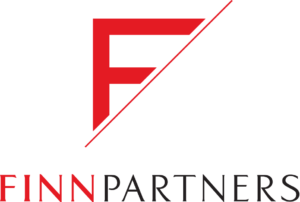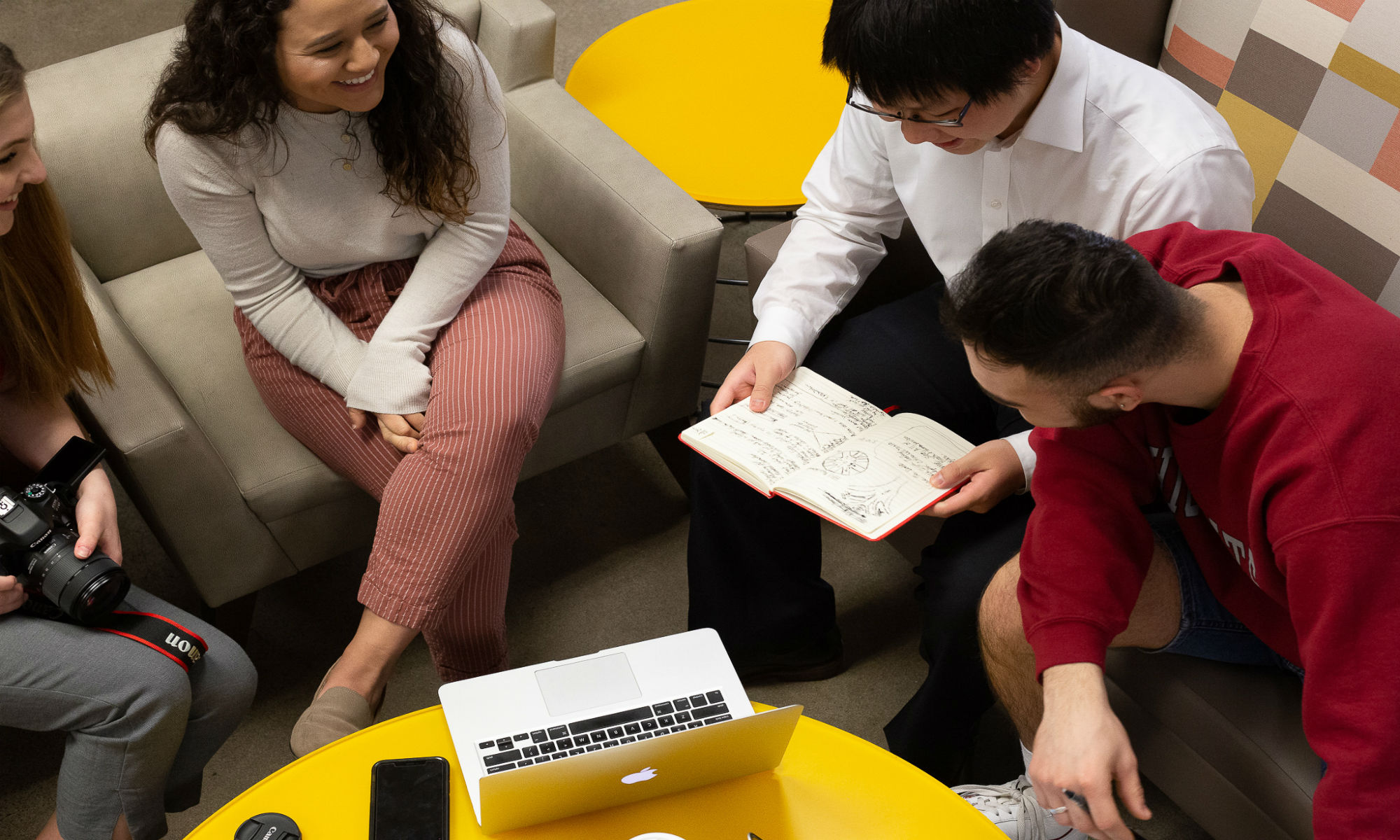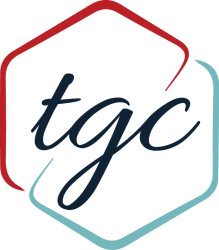Photo’s by Sara Pimentel.
With May approaching, many of our graduating staffers have begun job hunting and looking to alumni and recent graduates for guidance and direction on what is wanted in a public relations agency. We hear in classes or from internships the importance in making connections. Creating connections is valuable in any field of work but especially in public relations.
Networking is Key
Networking is a valuable skill because it opens opportunities with future clients, PR pros, news outlets and journalists. In TGC we create personal relations with our clients, but it can be easy to forget that the most important relationships we make are with our fellow interns. A great way to network is through the connections that we make with alumni in our agency. Our alumni provided our agency with guidance and growth and it is valuable to stay connected with their lives.
Sara Pimentel, alumna of TGC, graduated from California State University, Chico in Spring 2016. She served TGC for two semesters as an Account Executive and Editorial Director for eight different clients. Since graduation she moved to San Francisco and worked for two different PR companies. She interned for SHIFT Communications and was recently employed as an Assistant Account Executive at Finn Partners. She faced some difficulty transitioning from the small town of Chico to the Bay Area because she had to start from scratch, but was is also exciting for that same reason. She got to recreate herself and build new relations with those surrounding her.
Enjoy what you do
Sara emphasized that when choosing a job, it is important to keep in mind that you need to enjoy going to work every day. On her job search the core culture values she looked for was a company that was understanding, fun, supportive, spontaneous and open. These core values are what led to the beginning of her career at SHIFT Communications.
Sara was thankful for her experience interning with TGC and working on multiple accounts because it prepared her for an unusual experience interning with SHIFT. She worked on 7 to 9 different client accounts simultaneously.
“My team knew it was a lot,” Pimentel said. “But they trusted me, and I was able to do it.”

A company’s culture is everything
Moving away can be tough you are given a clean slate, starting a new job can be challenging. Sara said the most important lesson she learned from working at SHIFT is the value of being honest.
“If you have too much on your plate, tell someone,” she said. Pimentel chose SHIFT because of their supportive culture. Finding a supportive agency was valuable to her, she emphasizes how important it is to not be afraid to tell someone you are feeling overwhelmed, you are a team and they are there to help.
Change is good
She has just begun working for Finn Partners, and so far she loves it because it allows her to be more creative. Finn works with consumer technology clients, so she is familiar with the space and the products, but it’s still a new world.

San Francisco has become her home and she does not see herself moving away for a long time. She hopes to become even more confident in her abilities and eventually have people looking to her for advice.
Work with what you have
Her advice to graduating students is: “Know what you want, but be flexible. You have to go with the flow. Some things will happen just like you dreamed they would, but a lot won’t, and you have to make that work.”
Written by, Hope Lumbley.










